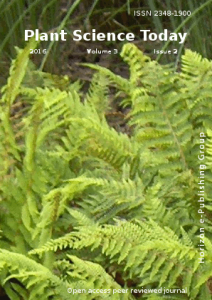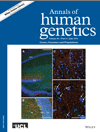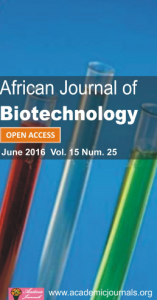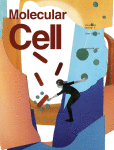 A plant sciences journal has pulled a 2016 paper for manipulated images after the study came under question at PubPeer.
A plant sciences journal has pulled a 2016 paper for manipulated images after the study came under question at PubPeer.
According to the notice, the authors claim that the images were supplied by a “service provider;” the editor-in-chief of the journal told us he doesn’t have any details on this third party’s identity.
The first author of the retracted paper in Plant Science Today — Dibyendu Talukdar, from the University of Calcutta in West Bengal, India — has several other papers being questioned on PubPeer. His co-author, Tulika Talukdar, who is based at Acharya Prafulla Chandra Roy Government College in West Bengal, India, according to her ResearchGate page, is a co-author on three of these papers. According to the present paper, however, Tulika Talukdar is affiliated with Raja Peary Mohan College, which is part of the University of Calcutta.
Here’s the retraction notice: Continue reading Botanist pair’s paper retracted, others questioned on PubPeer







